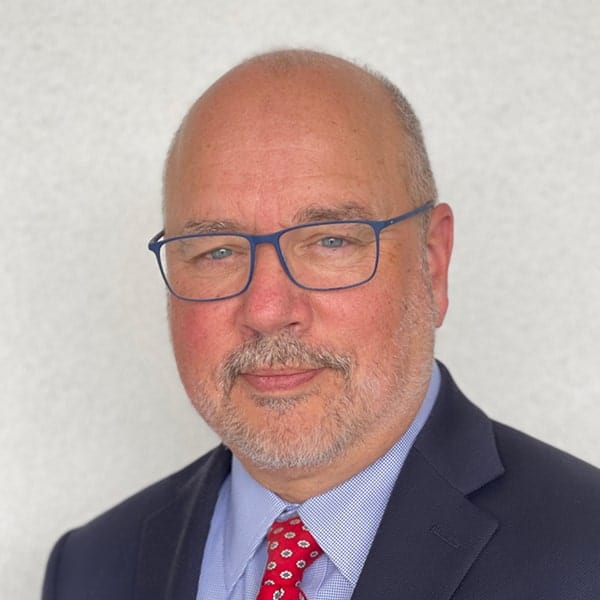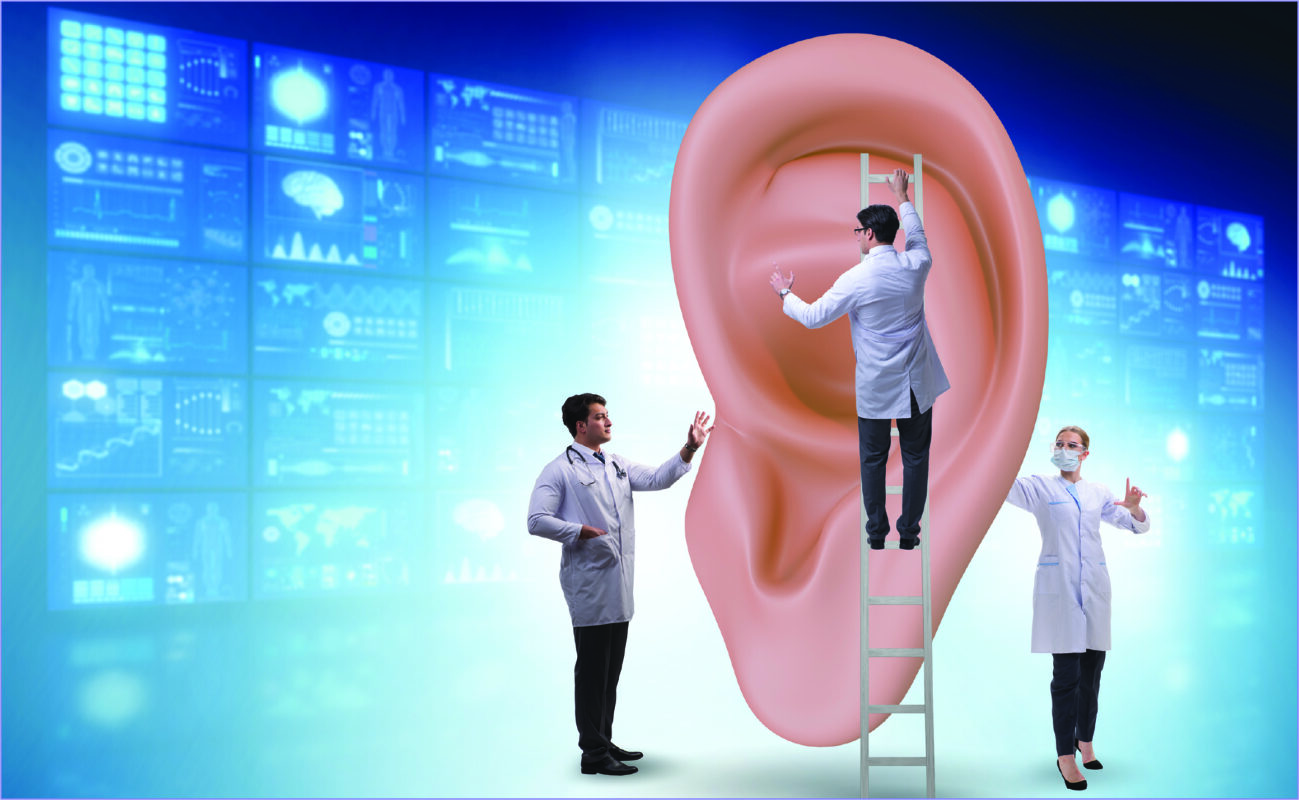This article is a part of the November/December 2025, Volume 37, Number 6, Audiology Today issue.
By David Zapala

I would like to begin by recognizing the tremendous work of past board members and presidents—especially Patricia Gaffney and Bopanna Ballachanda—in keeping the American Academy of Audiology (AAA) vibrant and relevant. I also want to thank Patrick Gallagher, Kathryn Werner, and the entire Academy staff. The organization is lean, efficient, and continually works to ensure the Academy remains aligned with the board’s priorities. It is inspiring to see how our Academy has matured from its early days.
In her final letter, President Gaffney shares her insights. She is fiercely loyal to her chosen profession and very optimistic about its future. She also emphasized the importance of collaboration and unity among audiologists in advancing our profession. I want to amplify that last thought. We are truly a tiny field in healthcare. We are represented broadly by three professional organizations: The Academy of Doctors of Audiology (ADA), AAA, and the American Speech Language and Hearing Association (ASHA). Each group varies in membership size and focus; yet collectively, we represent the interests of an estimated 15,800 audiologists (per the Bureau of Labor Statistics). For context, the National Association of Realtors is estimated to represent 1.498 million members, and the American Medical Association represents an estimated 271,660 members. The takeaway is that we cannot expect to accomplish any legislative or societal changes if our professional organizations have crossed purposes. Audiology is just too small. The current collaboration between the AAA, ADA, and ASHA to advance the Medicare Audiology Access Improvement Act is noteworthy in keeping these organizations aligned where it counts.
Size and scale matter in today’s global marketplace. At the Mayo Clinic in Florida, there are about 8–12 audiologists within a campus employing around 10,000 people. Audiology is a very tiny subset of Mayo Clinic employees. I estimate that, theoretically, the entire Mayo Clinic could be purchased by the company Alphabet, and the transaction would barely register on the company’s balance sheet. We have already seen how long it can take for small audiology groups to influence policy. Mead Killian spent decades trying to persuade the Food and Drug Administration and the Federal Trade Commission to approve over-the-counter hearing devices. Apple only needed a few years for AirPods to be classified as OTC hearing devices. Megatrends in consumer electronics and healthcare will continue to shape our future. Audiology must stay adaptable. Consider the rise of artificial intelligence: how long will it be before Medicaid accepts AI-enhanced automated hearing tests? Will hearing aids remain standalone custom-fit devices, or will hearing technology be built into eyeglasses, office environments, and even household appliances? (This is a nod to “digital toasters.” Ask ChatGPT if you are not sure what that means.)
As the world changes, we must return to the basics: what do we contribute to humanity? Our role is not to perform surgery or treat complex diseases. Our work is helping people with hearing or balance difficulties maximize resilience to live better lives. At its core, audiology is about behavior change. We help parents of infants with hearing loss accept the loss and use hearing aids early. We educate adults on how hearing loss affects their own interpersonal relationships and support them in adopting hearing technology. We encourage hearing conservation and offer practical steps to achieve it.
One day AI tools will assist with these tasks, but I doubt they will ever replace the human connection at the heart of our work. Relationships matter, and in audiology, they always will. That said, how we serve humanity will continue to evolve. Stay curious. Stay flexible. And know this, the AAA is here to serve you as the practice of audiology evolves.
David Zapala, PhD
President


